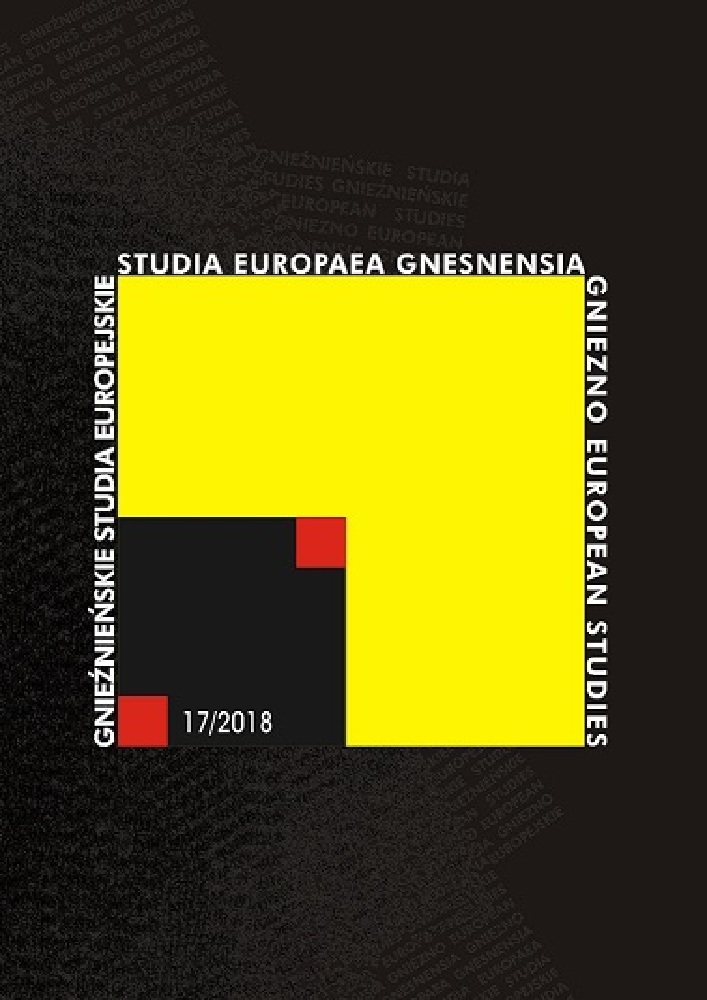Resumen
The text is going to recognize the fact that in the world today it is culture which exerts a tremendous influence on how the Bible is understood by Jews themselves. This approach is exemplified in Jewish reconstructionism, which effected a veritable revolution in that respect. As it appears, the attitude has ultimately led to the desacralization of the Torah.
Citas
Baniak J. 2006, Sekularyzacja jako wyzwanie dla religii i Kościoła. Mity czy rzeczywistość, Socjologia religii 4, s. 272-289.
Berger P. 1967, The Sacred Canopy, New York.
Chat E. 2009, Religia w życiu człowieka, Sandomierz.
Chipkin I.S. 1952, Dr. Mordecai M. Kaplan and Jewish Education, [w:] I. Eisenstein, E. Kohn (red.), Mordecai M. Kaplan: An Evaluation, New York, s. 85-118.
Eisenberg J. 1999, Judaizm, Warszawa.
Fromm E. 1968, Szkice z psychologii religii, Warszawa.
Goldsmith E.S. 1990, Kaplan and The Retrieval of the Haskalah, [w:] E.S. Goldsmith, M. Scult R.M. Seltzer (red.), The American Judaism of Mordecai M. Kaplan, New York-London, s. 19-34.
Hirsh H. 1923, Kaplanism and What It Means, Idische Licht, 1, s. 9- 21.
Kaplan M.M. 1981, Judaism as a Civilization. Toward a Reconstruction of American-Jewish Life, Philadelphia, New York.
Kaplan M.M. 1958, Judaism without Supernaturalism, New York.
Kaplan M.M. 1962, The Meaning of God in Modern Jewish Religion, New York.
Kaplan M.M. 1964, The Purpose and Meaning of Jewish Existence, Philadelphia.
Kaplan M.M. 1914, The Supremacy of the Torah, New York.
Kaplan M.M. 1952, The Way I Have Come, [w:] I. Eisenstein, E. Kohn (red.), Mordecai M. Kaplan: An Evaluation, New York, s. 283-321.
Kaplan M.M. 1912, Paper Read to Meeting of Alumni, Tannersville, New York.
Kaufman W.E. (red.) 1976, Contemporary Jewish Philosophies, New York.
Kaufman W.E. 1981, The Transnatural Theology of Mordecai M. Kaplan, Judaism, 1, s. 45-52.
Kohn E. 1952, Mordecai M. Kaplan As Exegete, [w:] I. Eisenstein, E. Kohn (red.), Mordecai M. Kaplan: An Evaluation, New York.
Ouaknin M.A. 1998, Bóg Żydów, [w:] J. Bottero, M.A. Ouaknin, J. Moingt (red.), Najpiękniejsza historia Boga, Warszawa, s. 28-42.
Piwowarski W. (red.) 1998, Socjologia religii. Antologia tekstów, Kraków.
Radwan M. 1983, Rodowód sekularyzacji, [w:] F. Adamski (red.), Socjologia religii. Wybór tekstów, Kraków, s. 413-427.
Schechter S. 1908, The Study of the Bible, Studies in Judaism, 2, s. 32-54.
Scult M. 1990, Kaplan's Reinterpretation of the Bible, [w:] E.S. Goldsmith, M. Scult, R.M. Seltzer (red.), The American Judaism of Mordecai M. Kaplan, New York-London, s. 294-318.
Seltzer R.M. 1990, Kaplan and Jewish Modernisty, [w:] E.S. Goldsmith, M. Scult, R.M. Seltzer (red.), The American Judaism of Mordecai M. Kaplan, New York-London, s. 1-15.
Serretti M. 2006, Rozpoznawanie Boga, Kielce.
Storey J. 2009, Cultural Theory and Popular Culture. An Introduction, London.
Szczerbiński W. 2014, Charakterystyka kultury żydowskiej w Izraelu i przejawy jej sekularyzacji, Teologia i człowiek, 27, s. 79-107.
Unterman A. 2002, Żydzi. Wiara i życie, Warszawa.
Zdybicka Z. 1977, Człowiek i religia, Lublin.
